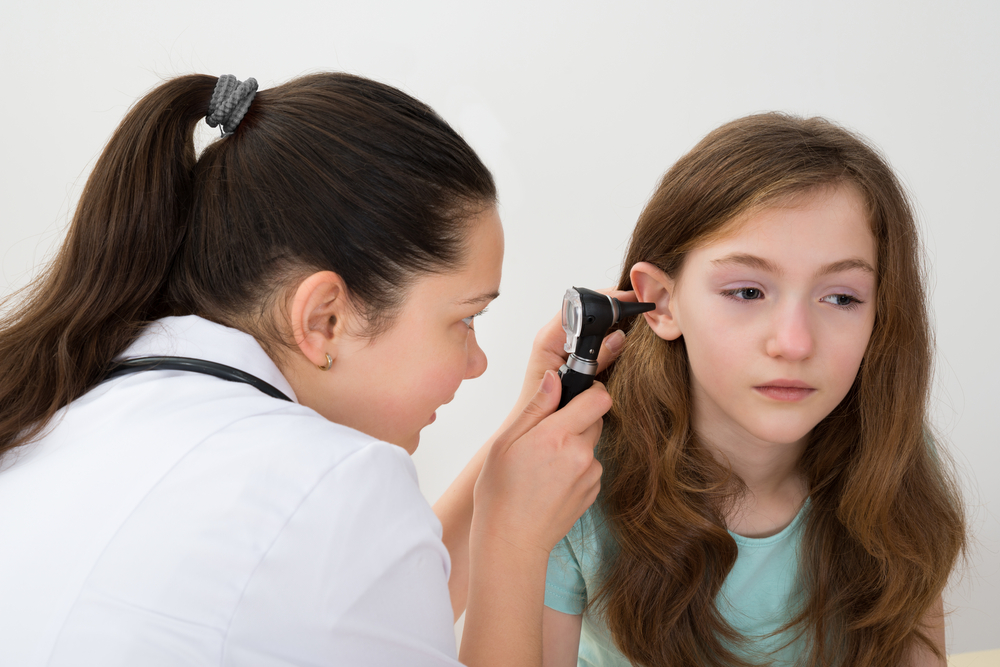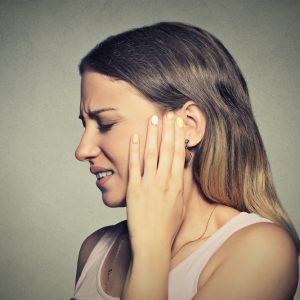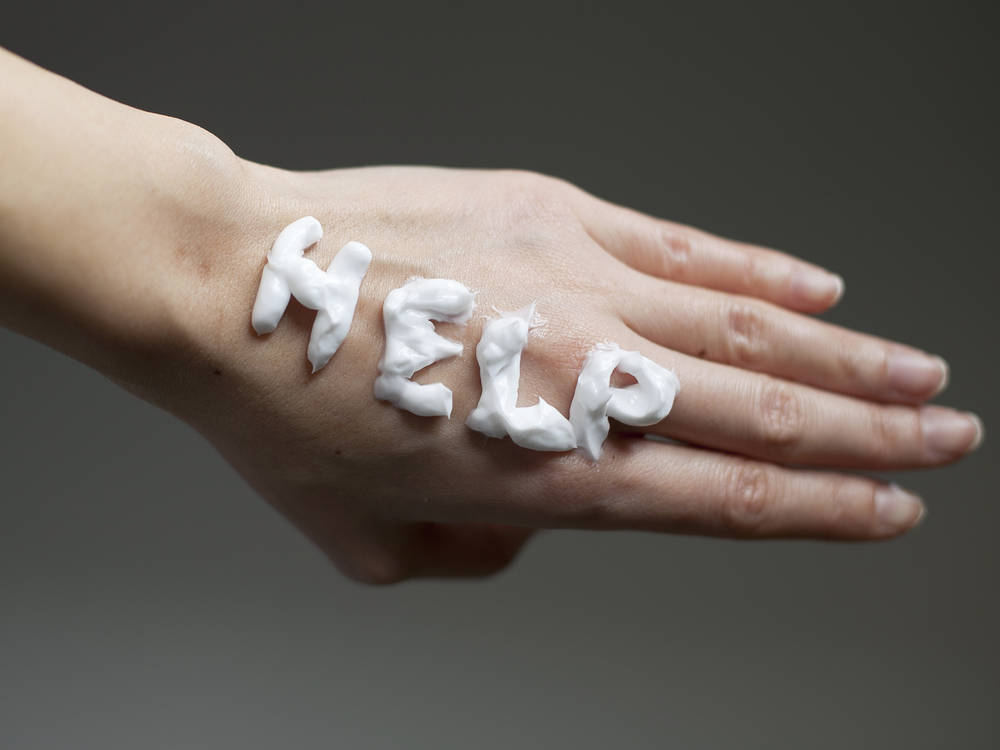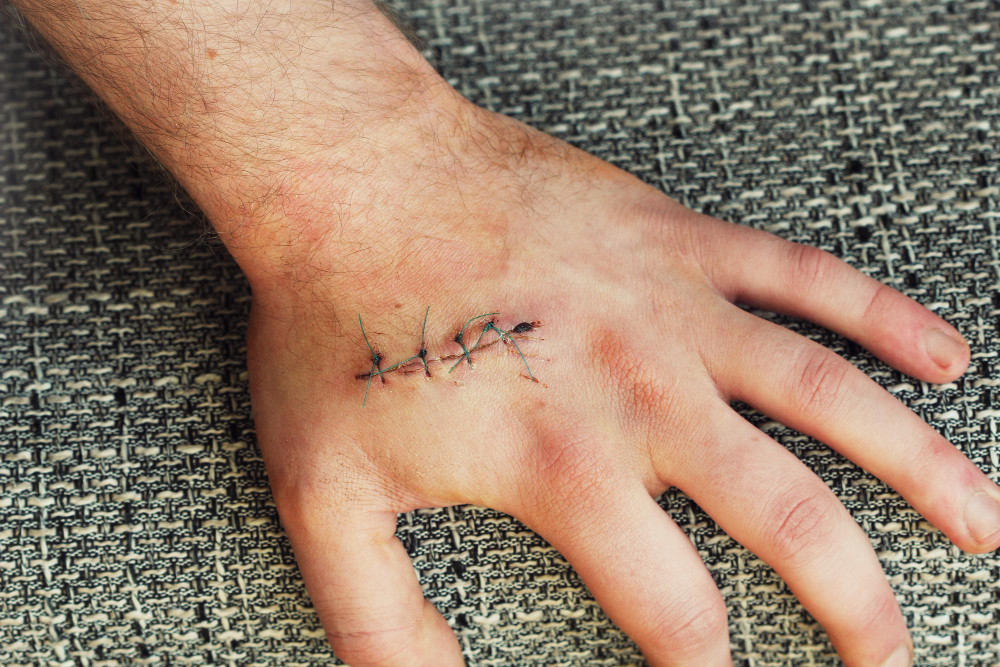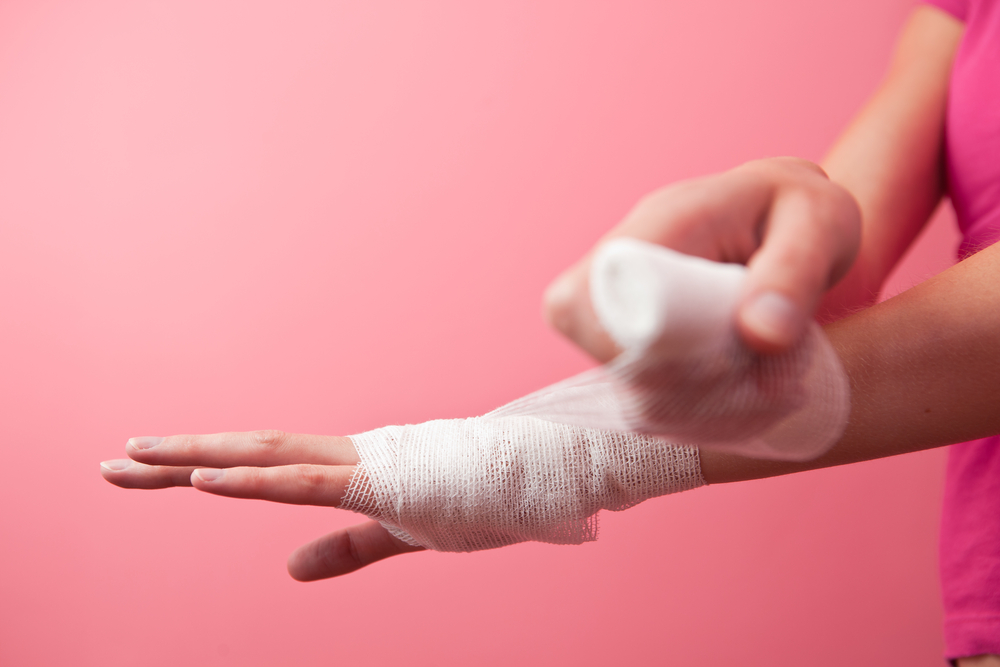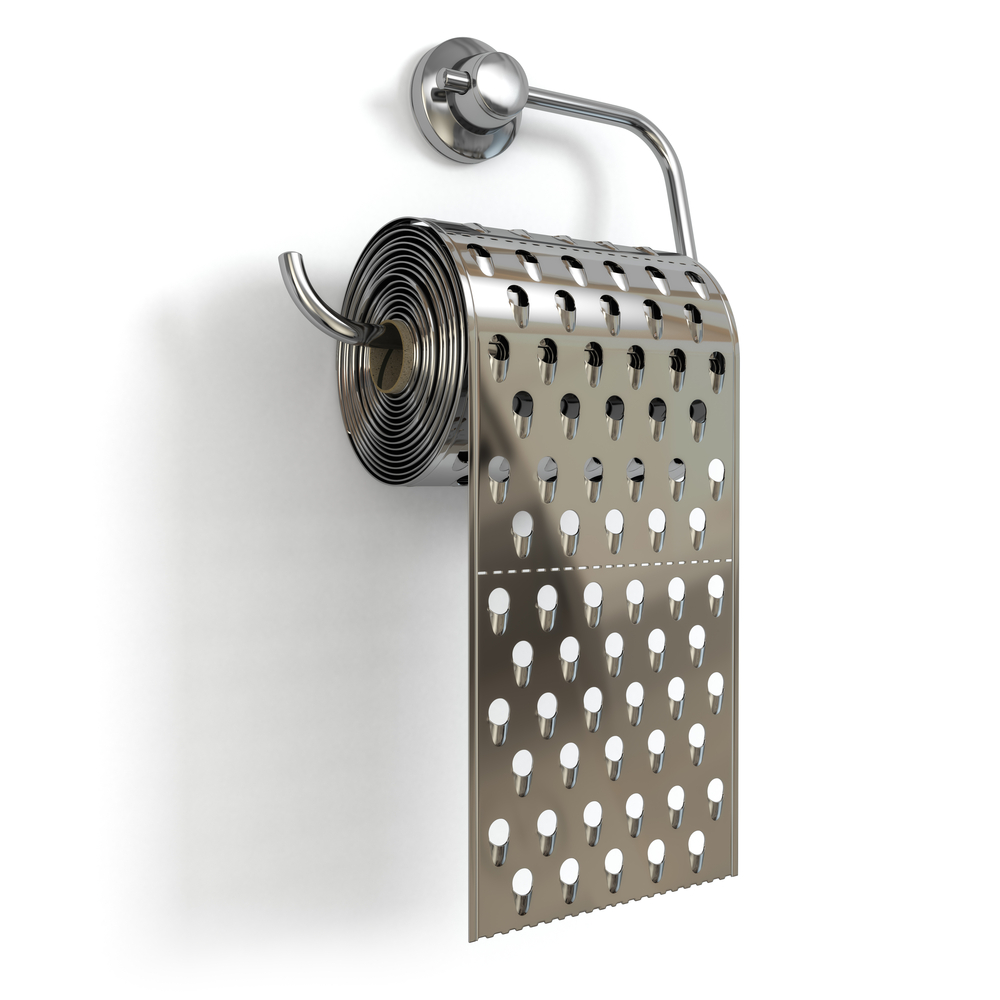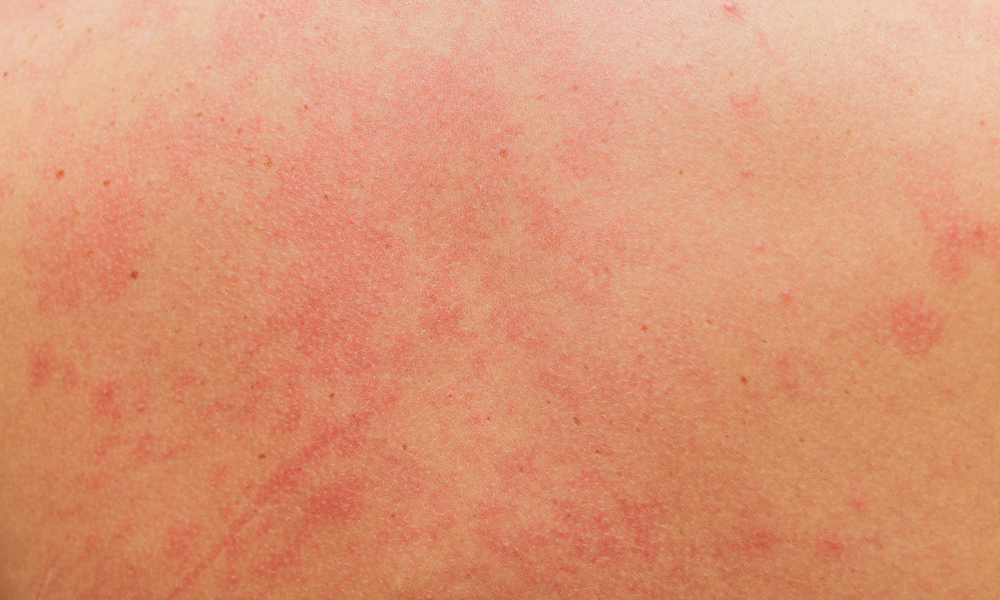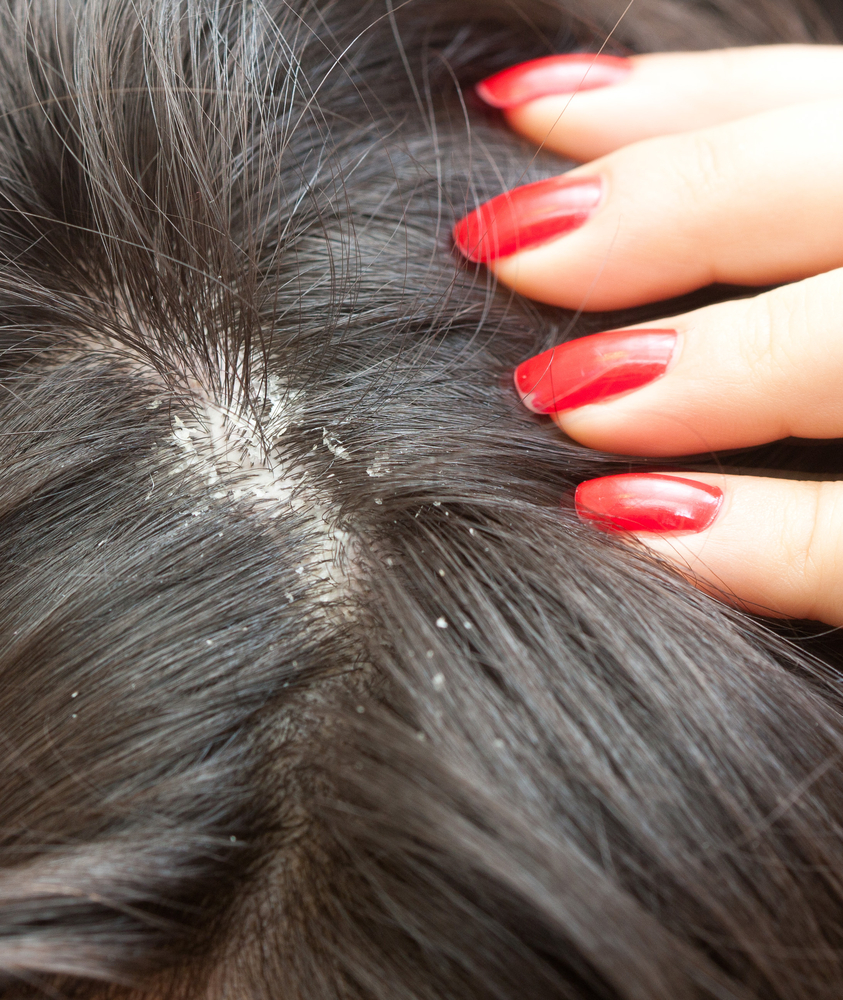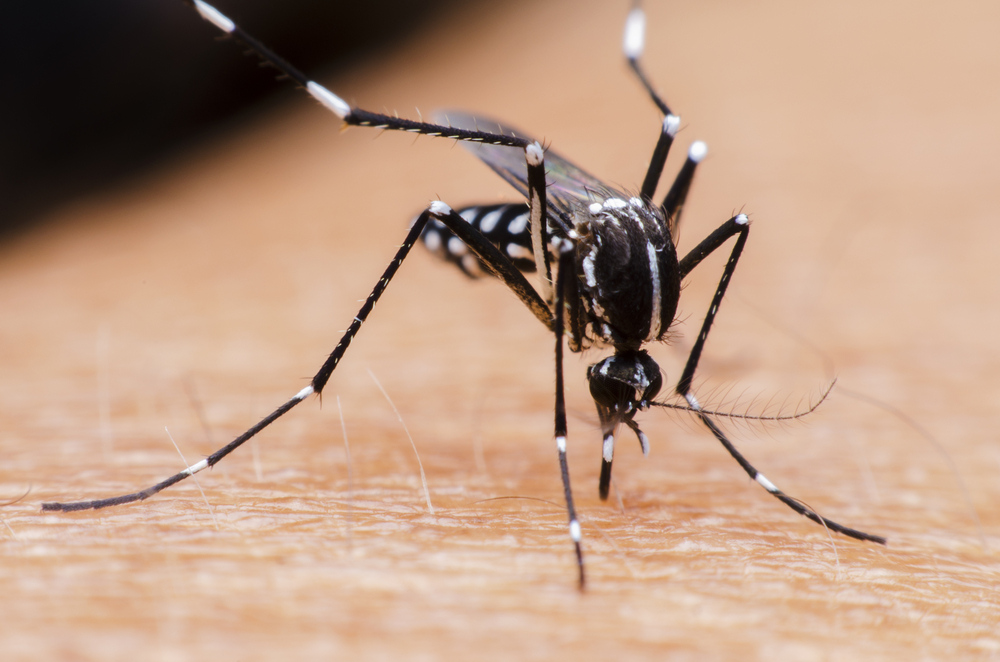Ear Infections in Children and Infants
Ear infections in children are very common, and as parents, we often find ourselves feeling helpless when our child is suffering and we’re not sure what to do. Whether it’s a mild or acute ear infection, it usually results from issues with the eustachian tube, a narrow canal that drains the middle ear into the back of the nose. In children, this tube can become blocked more easily, which is the most common cause of infection.
The blockage of the eustachian tube can occur due to several reasons:
● Improper function of the palate muscles, often due to a cleft palate
● Allergic rhinitis resulting from an allergic reaction
● Upper respiratory infections caused by bacteria or viruses
An ear infection in children involves an accumulation of inflammatory fluid in the middle ear. This can sometimes be confused with fluid in the ear (which doesn’t involve infection). Ear infections typically cause intense pain, fever, and pus discharge, while non-infectious fluid causes pressure in the ear, reduced hearing, and a feeling of fullness, without infection. It’s important to consult a doctor for a proper diagnosis, rather than attempting to self-diagnose.
Is an Ear Infection Contagious?
One of the most common questions parents ask—especially new parents—is: “Is an ear infection contagious?” Whether your own child has an infection or another child in their class or daycare does, the answer is mostly no.
If your child has an ear infection, your focus should be on their level of discomfort and how to relieve it. If they are receiving treatment and not suffering, there’s generally no reason they can’t attend daycare or school, although it’s always best to consult with a physician first. If another child in their class has an infection—don’t panic!
Treatment for Ear Infections
One of the hardest things for a parent is seeing their child in pain. When this happens, parents naturally want to find a quick remedy, such as ear drops or antibiotics. However, antibiotic treatment for ear infections is controversial among doctors.
Some believe antibiotics simply shorten the illness by a day or two, while others argue that the body typically heals itself without antibiotics, especially in children. There’s also concern that overuse of antibiotics leads to resistance, making future treatments less effective.
The current recommended approach is “delayed treatment”, starting with pain relievers only to reduce discomfort, without interfering with the immune response (e.g., avoiding fever reducers that can interfere with the body’s natural healing process). In many cases, the infection clears up within a few days without the need for antibiotics.
Ear Infections During Pregnancy – What to Do?
Getting an ear infection during pregnancy can be both painful and stressful. However, it’s important to know that such infections often resolve on their own. The best course of action is to consult your OB-GYN to confirm what treatments or medications are safe during pregnancy. Never self-medicate—always get professional advice before taking anything.
Relieving Pain with Serum
A natural method to help relieve ear infection pain:
Soak a cotton ball in serum and apply as needed to soothe the ear.
Examples
